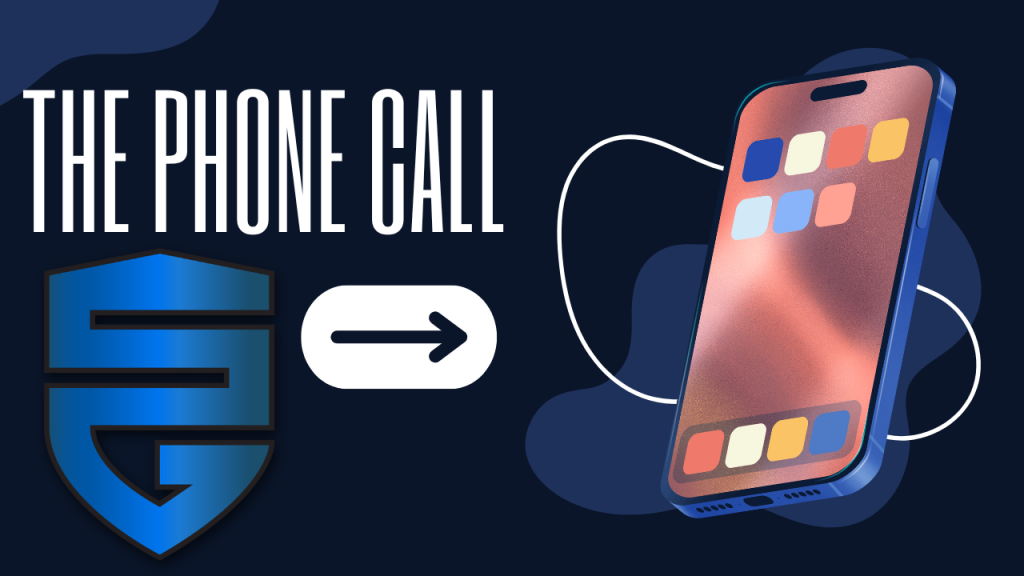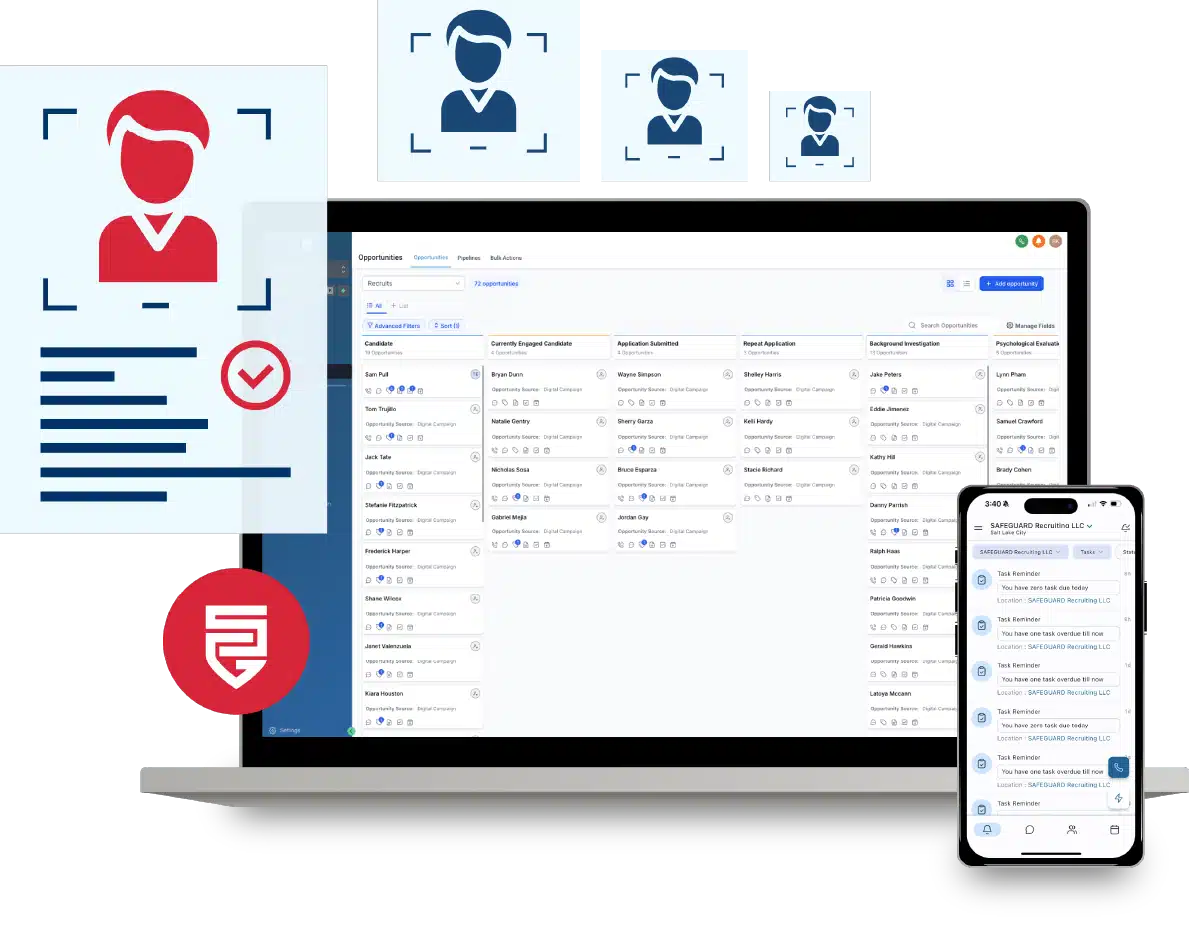In the competitive world of police recruiting, effective communication can make all the difference. While it may seem simple, the significance of a phone call often gets overlooked. Doug Larsen from SAFEGUARD Recruiting shares insights on how a personal touch through phone calls can dramatically improve recruiting outcomes.
Understanding the Communication Gap
Communication is key in any recruitment campaign. According to Doug, a lack of communication can often come across as a lack of interest from the department, frustrating potential applicants. Many departments tend to rely solely on online applications, assuming that interested individuals will take the initiative to apply without any further engagement. However, this approach can lead to low conversion rates.
Doug emphasizes the importance of proactive communication. He advocates for at least three touchpoints when running a recruiting advertisement. By reaching out through phone calls, departments can foster a connection with potential recruits, addressing their questions and concerns directly.
Transforming Interest into Applications
The impact of a simple phone call can be staggering. When departments implement phone outreach, they often see a significant increase in the number of applications received. For instance, Doug mentions that interest conversion rates can jump from single digits to as high as thirty or forty percent following an introductory phone call.
This increase is not merely coincidental. A phone call serves as an opportunity to discuss the position, explain the application process, and introduce oneself as a mentor throughout the application journey. This personal touch can make candidates feel valued and more inclined to proceed with their application.
The Cost of Inaction
Some departments, however, remain hesitant to adopt this approach. Doug recounts experiences with clients who don’t engage in any form of communication beyond sending out applications. These departments may be satisfied with their current applicant pool but often find themselves spending more on advertising due to their lack of nurturing processes.
The reality is that without follow-up communication, departments miss out on potential recruits who may have questions or concerns that could prevent them from applying. Doug illustrates this with an example of a department that struggled to attract applicants until they started making phone calls, resulting in increased attendance at training programs and a surge in applications.
Best Practices for Effective Communication
For those looking to improve their recruiting efforts, Doug suggests a few best practices:
- Make Phone Calls a Priority: Reach out to potential candidates promptly after they express interest.
- Be Available: Flexibility in scheduling calls can accommodate candidates’ varied schedules, including evenings and weekends.
- Track Your Efforts: Successful departments monitor the timing and effectiveness of their outreach efforts to optimize their recruitment strategies.
- Engage Early: The sooner you connect with interested candidates, the better your chances of keeping them engaged and moving through the application process.
Learning from Other Industries
Doug points out that other industries have already recognized the value of personal communication. For example, universities often follow up applications with phone calls to provide guidance and support. In the nonprofit sector, the difference in conversion rates for donations can be stark: while emails may yield less than one percent of conversions, a simple phone call can increase that rate to over twenty percent.
This trend highlights a broader shift in how organizations engage with their audience. Police departments can learn from these practices to enhance their recruiting efforts.
Overcoming Staffing Challenges
Many departments face staffing shortages, which can make it challenging to maintain effective communication. Doug acknowledges that some clients express concerns about their ability to manage this workload. To address this, Safeguard Recruiting offers services to handle outreach on behalf of departments, ensuring that no interested candidate falls through the cracks.
By taking on this responsibility, SAFEGUARD can help departments streamline their recruiting processes, allowing them to focus on their core responsibilities while still effectively engaging with potential recruits.
Conclusion: The Importance of a Personal Touch
Ultimately, the recruiting landscape is changing. The need for personal communication, particularly through phone calls, is becoming increasingly apparent. As Doug Larson states, the police recruiting process is more about improving the existing system than facing a crisis. By recognizing the importance of phone calls and implementing effective communication strategies, departments can enhance their recruiting efforts and attract the talent they need.
If you are looking to improve your recruiting strategy, consider reaching out to SAFEGUARD Recruiting for insights and support. With the right approach, you can transform your recruitment process and ensure that qualified candidates feel welcomed and valued from the very start.



